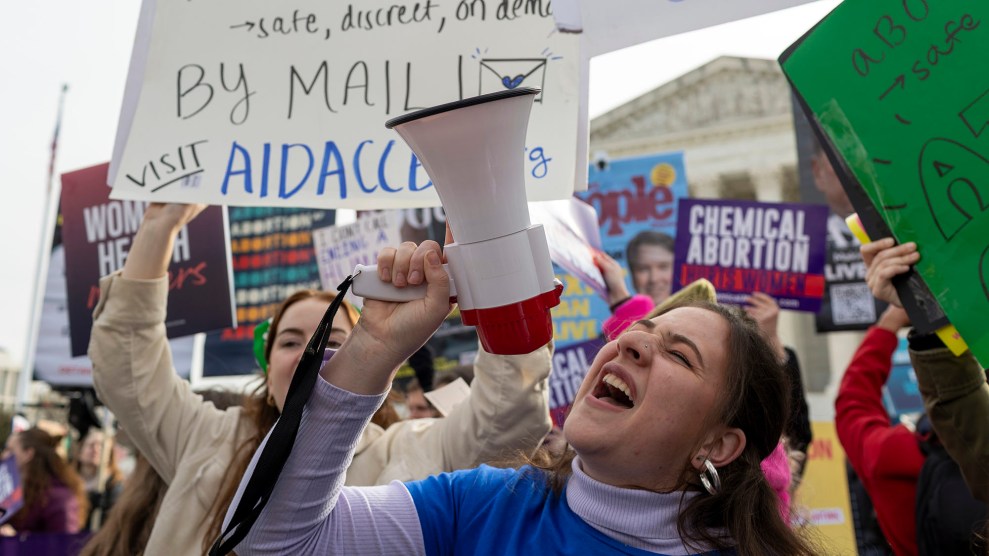Karl Smith ventures a guess about why elite pundits and analysts obsess so much over Social Security even though its solvency problem is fairly easy to solve. He thinks they obsess over it because its solvency problem is so easy to solve:
I think Very Serious People concentrate on Social Security because they can understand it. The program is relatively simple and the math straightforward. The ultimate driver of most projections — that there will be more retirees than workers — makes sense.
Reasoning about long term health care costs and affects, economic growth rates, global convergence, the importance or lack thereof of skill biased technological change, etc is more difficult and therefore I think people shy away from it.
When giving talks to business leaders and government officials about economics and taxation there is a sudden confidence that comes over them when the subject of Social Security comes up. They immediately
feel as if they know the right questions to ask and could even potentially push back on some of the things I am saying. This confidence makes them want to steer the conversation in this direction.
There might be something to this. As pushback, I’d note — and perhaps you’ve seen this in action yourself? — that opinion mongers don’t generally have any problem pushing simplistic solutions to fantastically complex problems. So I’m not sure Social Security’s relative simplicity really explains much. On the other hand, it’s true that there’s a class of problems that are not only hard, but also seem hard to ordinary people, and things like healthcare and globalization might fall into those categories. By contrast, there’s a different class of problems that are hard, but seem pretty simple to lots of people. Most foreign affairs problems fall into this category, as do issues of race, crime, and immigration oftentimes. Social Security might actually be in a very rare third category, problems that seem pretty simple and really are pretty simple. (Simple, not easy, as Ronald Reagan was fond of saying.)
Anyway, Prof. Smith was responding to Prof. Krugman, who suggests that elites are gung ho about cutting Social Security as a way of demonstrating seriousness because they themselves don’t rely on Social Security and don’t know an awful lot of people who do. So they’re eager to support things like raising the retirement age. After all, it doesn’t much affect those of us who sit on our butts for a living and can retire early anyway because we have plenty of savings.
If I had to guess, I’d say Krugman explains about half the elite response, Smith explains about a quarter, and then there’s another quarter explained by pure partisan bile and ideological purity. But that’s just a guess.

















